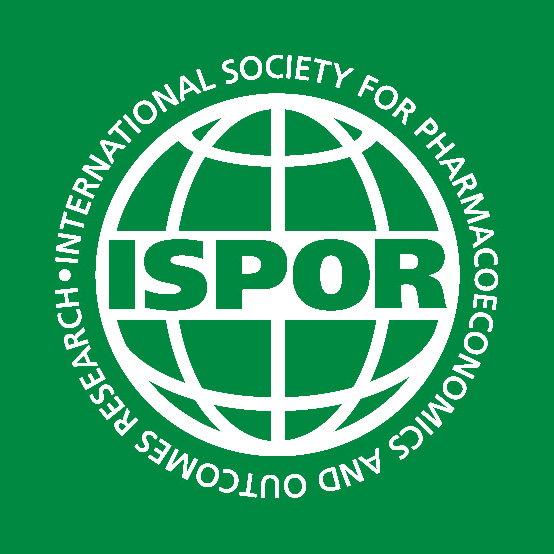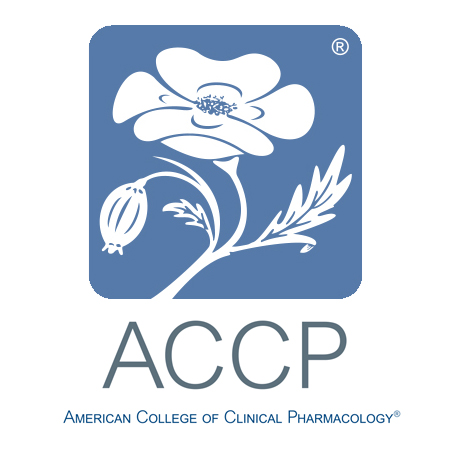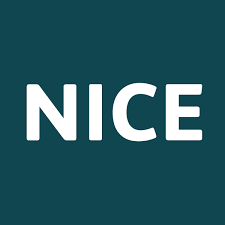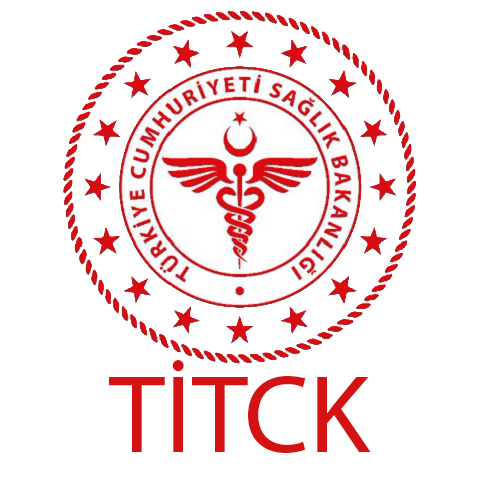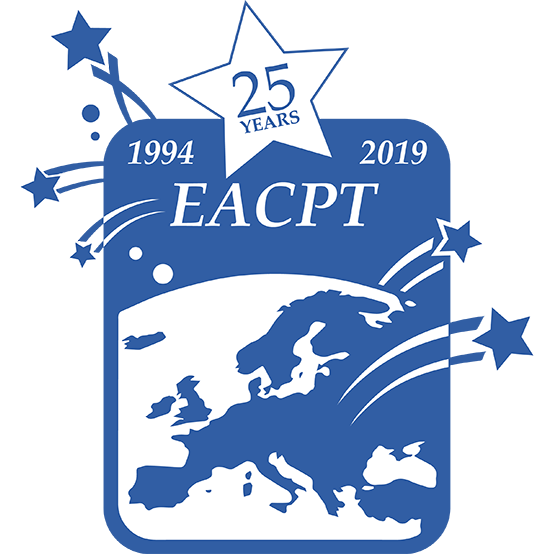Kas
26
2008
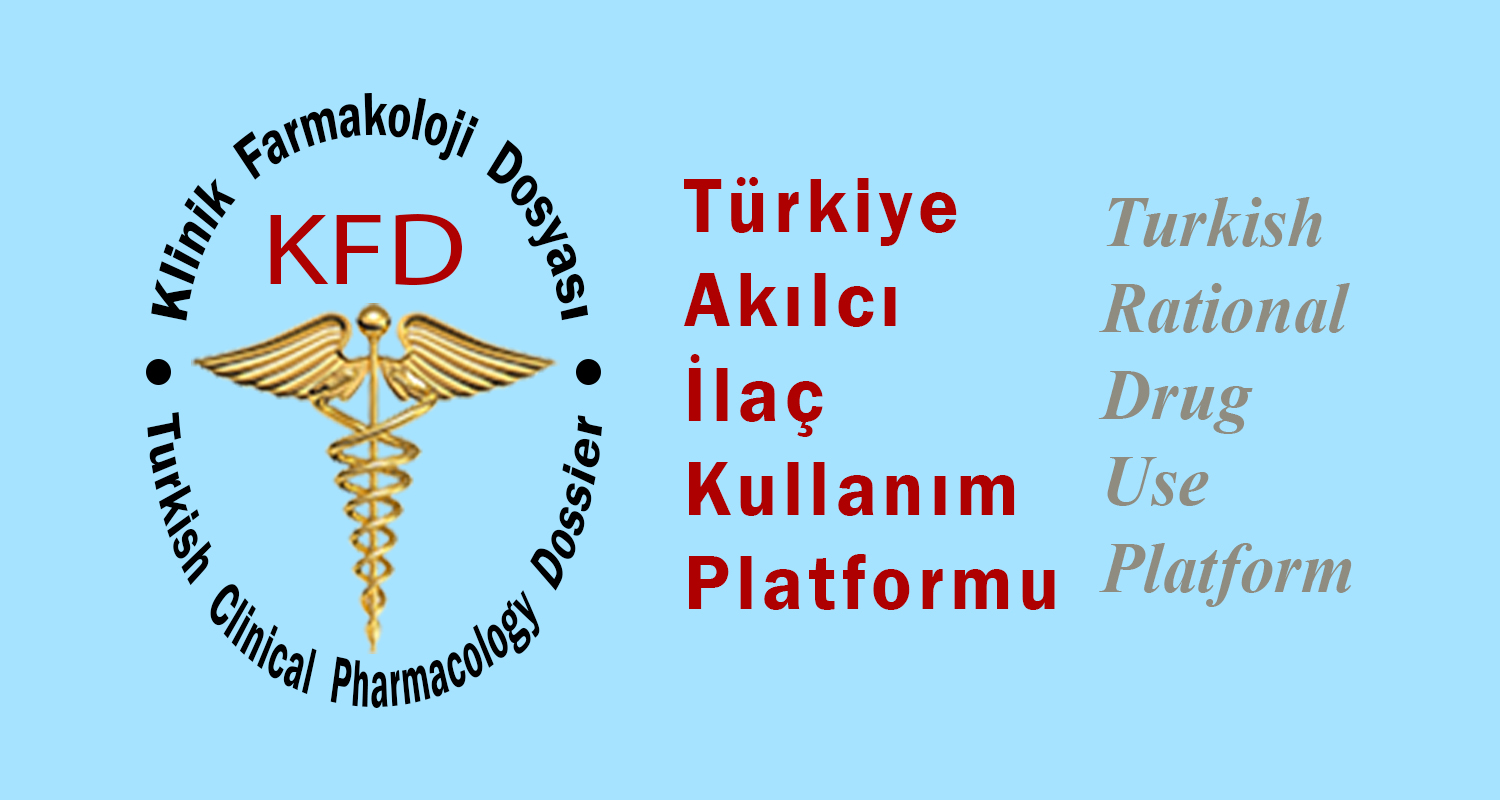
Editörden
Son senelerde birçok ilaçta olduğu gibi bu seferde Johnson and Johnson firmasının RISPERDAL’i mahkemeye takıldı ve kirli çamaşırlar ortaya döküldü. Diğer büyük firmalarda olduğu gibi, Johnson&Johnson da daha fazla kazanç için, binlerce çocuğun zarar göreceğini ve hatta öleceğini bilmesine rağmen, şatışları artırabilmek için malum, ahlaksız, sözde bilim adamı Dr. Biederman’ı satın almayı tercih etti.
Geçen Haziran ayında ABD Kongre araştırması sırasında Harvard Üniversitesi Çocuk Psikiyatrisi başkanı Profesör Joseph Biederman’ın ilaçlarını sattırabilmek için birçok firmadan para ve rüşvet aldığı ortaya çıkmış ve mahkemeye verilmişti. Mahkeme sırasında Johnson&Johnson’un gizli iç yazışmaları ve e-mailleri ortaya çıktı. Biederman J&J’ı sıkıştırarak Massachusetts General hastanesine bir araştırma ünitesi kurmalarını ve bu üniteyi J&J’in ticari faaliyetleri için kullandırmayı önerdi (gizli yazışmalar ve e-mailler için ekteki lawsuit dosyasını bakınız).
Biederman sayesinde,daha öncede yazdığımız gibi (http://www.klinikfarmakoloji.com/?q=node/283), pediatrik bipolar bozukluk tanısı 1994-2003 arasında 40 misli arttı ve buna paralel olarak çocuklarda etkisiz, yan etkili ve çok pahalı antipsikotik ve diğer ilaçların kullanımıda arttı. Briedman’nın ikinci nesil antipsikotiklerin etkenliğini gösteren çalışmaları genellikle az sayıda hasta üzerinde ve hemen tümü çeşitli firmaların paraları ile yazılmış makaleler olmasına rağmen çok meşhur olması ve taraflı derlemeler yazması sebebi ile Risperdal satışlarının dörtte birinin çocuk ve genç erişkinlerde kullanılmasını sağlamıştır (milyar dolar!).
Geçen hafta toplanan federal ilaç uzmanları panelinde FDA’in Risperdal ve benzeri ilaçların (Lilly’nin ZYPREXA sı, Pfizer’in ZELDOX’u, Astra Zeneca’nın SEROQUEL’i, BMS’in ABILLFY’ı gibi) riskleri ve yanlış kullanımları yönünde doktorları daha fazla uyarmasını istedi.
“The New York Times”ın haberine göre 2 hafta önce şikayetçi ailelerin avukatları Biederman’ın yeminli olarak ifade vermesini ve antipsikotiklerin çocuklarda ve gençlerde yaygın kullanımını nasıl sağladığını anlatmasını istemiş ve mahkemeye delil olarak Biederman ile ilgili J&J yazışmalarını sunmuşler... Kasım 1999 da J&J çalışanlarından birisi üstlerine Connecticut Üniversitesinde vereceği konferans için 3000 dolar verilmesi yönünde yalvarmakta ve “Biederman çok önemli ulusal bir çocuk psisikiyatristi ve çok sinirli (detaylar için ekteki dosyaya bakınız)” diyerek sayesinde neler kazanılacağını (!) anlatmakta.
J&J Biederman tarafından istenen 280.000 dolarlık araştırma parasını reddeder. Firma.yetkililerinden Bruins yazdığı mailde “ben hayatımda bir kişiyi bu kadar sinirli görmedim.. artık işimiz bitti ve Biederman’ın kontrol ettiği bu sahada (pediatrik) artık iş yapamayız..”. Bunun üzerine J&J Briedman’a istediği parayı verir ve semeresini de görür!!
Mahkeme dökümanlarına göre J&J’ın Harvardda Biederman’ın başkanlığında “Center for the Study of Pediatric Psychopharmacology – Pediatrik Psikopatoloji Araştırmaları Merkezi” açmasının tek sebebi pazarlama faaliyetlerini akademik kisve altında yürütme isteği. Araştırma merkezinin 2002 yılı faaliyet raporunda çok açık olarak araştırmalarının 3 amacı olduğu; çocuklar için psikiyatrik yüksek standartta bakımın geliştirilmesi ve J&J’ın ticari hedeflerine (commercial goals) ulaşmasını sağlamaktır denilmekte. J&J yöneticilerinden Georges Gharabawi 2202 şubatında Biederman’a yazdığı mektupta “araştırma merkezinin çocuk ve gençlerde risperidon kullanmasını sağlayacak data üretmesi ve risperidonu desteklemesini” ister ve Biederman’a 700.000 dolar verir.
Haziran 2002 de başka bir üst düzey J&J yöneticisi Gahan Pandina, Biederman’a bir mektup yazarak davranış bozukluğu olan çocuklarda Risperdal ile yapılmış bir araştırmanın özetini gönderir. Araştırma 2002 yılnda yapılacak olan “American Academy of Child &Adolescent Psychiatry” kongresinde takdim edilmek üzere hazırlanmıştı. Pandina Biederman’a “..bu çalışma ile ilgili bir problemimiz var. Risperdal ile plasebo arasında hiç bir fark yok. Bize bunu nasıl halledebileceğimiz hakkında fikirlerinizi bildirirmisiniz?”. İşin garip tarafı (!) Pandina’nın Biederman’a gönderdiği abstrakta (özette) Risperdal’in anlamlı olarak plasebodan daha üstün olduğu yazılmıştı ve Pandina Biederman’dan çalışmanın kongrede Biederman’ın ismiyle yayınlanmasını ve bunun için gerekli kongre formlarının imzalanmasını istemekteydi. İşinen vahim kısmı ise Biederman’ın cevabıydı.. Cevap”Kongre formlarını bana gönderirseniz imzalamaktan mutluluk duyacağım” şeklindeydi ve hayalet yazarların (ghostwriting) nelere kadir olduğunu göstermekteydi.
Geçen haziranda Kongre araştırması dolayısı ile Biederman’ın J&J ve Lilly’den 1.6 milyon dolar aldığı ortaya çıktı (Senatör Grasley’e göre alınan para 3.2 milyon dolar). Biederman aldığı paraları Üniversiteden saklamış J&J dan 58.169 dolar aldığı halde Üniversiteye 3.500 dolar aldığını bildirmiş. Biederman halen Astra Zeneca’nın Seroquel’ini 4-6 yaş arasındaki çocuklarda bipolar bozukluklarda denemekte. Büyük bir ihtimalle Seroquel de çocuklarda çok etkili bulunacak!! Lilly ise Zyprexa ve Stratteranın çocuklarda dikkat eksikliği sendromunu araştırması için 259.756 dolar verir.
Biederman ve onun ABD li ve uluslararası şürekası kendi kazançları için çocukların kanını emmekten çekinmemişler ve 2001 den 2007 ye 9 yaş altındaki çocuklarda antipsikotik kullanımı %81.5, 10-19 yaş arasında ise %91.2 artmıştır (Medco Health Solution rakamları). Bu yayınların artması üzerine nihayet FDA danışma kurulu konuyu inceleme gereği duymuş (umarız SB danışma kurullarıda inceleme gereği duyar) ve FDA’e ciddi önerilerde bulunmuştur.Geçen yıl 389.000 çocuğa (240.000 12 yaştan küçük) J&J in Risperdal kullandırılmış. Çocukların çoğunda dikkat eksikliği sendromu var ve Risperdal’in böyle bir endikasyonu yok. FDA danışma kurulundan Risperdal ve Zyprexa’nın emniyeli kullanım kriterlerini ve yan etki monitarizasyonun nasıl yapılması gerektiğinin açıklanmasını istemişsede danışma kurulu FDA önerisini oy birliği ile redderek bu ilaçların zararlarını önlemek için çok daha ciddi tedbirler alınması gerektiğini ve halihazırdaki uyarıların çok yetersiz olduğunu bildirmiştir.
The New York Times’a göre Risperdal verilen 1207 çocukta çok ciddi yan etkiler ortaya çıktığı ve 31 çocuğun Risperdal dolayısı ile ölmüş. Dikkat bozukluğu olan 9 yaşındaki bir çocuk Risperdal kullanmaya başladıktan 12 gün sonra inme sebebi ile ölmüş.
Umarız Türkiyede de yetkililer ilaç firmaları koruma-kollama yerine hastaları ve ülke çıkarlarını koruma ve kollamaya başlar
November 25, 2008
Research Center Tied to Drug Company (New York Times)
When a Congressional investigation revealed in June that Dr. Joseph Biederman, a world-renowned child psychiatrist, had earned far more money from drug makers than he had reported to his university, he said that his interests were “solely in the advancement of medical treatment through rigorous and objective study.”
But e-mail messages and internal documents from Johnson & Johnson made public in a court filing reveal that Dr. Biederman pushed the company to finance a research center at Massachusetts General Hospital, in Boston, with a goal to “move forward the commercial goals of J.& J.” The documents also show that the company prepared a draft summary of a study that Dr. Biederman, of Harvard, was said to have written.
Dr. Biederman’s work helped to fuel a fortyfold increase from 1994 to 2003 in the diagnosis of pediatric bipolar disorder and a rapid rise in the use of powerful, risky and expensive antipsychotic medicines in children.
Although many of his studies are small and often financed by drug makers, Dr. Biederman has had a vast influence on the field largely because of his position at one of the most prestigious medical institutions.
Massachusetts General said in a statement Monday that it took the accusations related to the research center “very seriously” and intended “to investigate these issues thoroughly.”
Johnson & Johnson makes a popular antipsychotic medicine called Risperdal, or risperidone. More than a quarter of its use is in children and adolescents.
Last week, a panel of federal drug experts said that medicines like Risperdal were being used too cavalierly in children and that regulators must do more to warn doctors of their substantial risks. Other popular antipsychotic medicines, also referred to as neuroleptics, are Zyprexa, made by Eli Lilly; Seroquel, made by AstraZeneca; Geodon, made by Pfizer; and Abilify, made by Bristol-Myers Squibb.
Thousands of parents have sued AstraZeneca, Eli Lilly and Johnson & Johnson, claiming that their children were injured after taking the medicines; they also claim that the companies minimized the risks of the drugs.
As part of the lawsuits, plaintiffs’ lawyers have demanded millions of documents from the companies. Nearly all have been provided under judicial seals, but a select few that mentioned Dr. Biederman became public after plaintiffs’ lawyers sought a judge’s order to require Dr. Biederman to be interviewed by them under oath.
In a motion filed two weeks ago, lawyers for the families argued that they should be allowed to interview Dr. Biederman under oath because his work had been crucial to the widespread acceptance of pediatric uses of antipsychotic medicines. To support this contention, the lawyers included more than two dozen documents, among them e-mail messages from Johnson & Johnson that mentioned Dr. Biederman. A judge has yet to rule on the request.
The documents offer an unusual glimpse into the delicate relationship that drug makers have with influential doctors.
In a November 1999 e-mail message, John Bruins, a Johnson & Johnson marketing executive, begs his supervisors to approve a $3,000 check to Dr. Biederman as payment for a lecture he gave at the University of Connecticut.
“Dr. Biederman is not someone to jerk around,” Mr. Bruins wrote. “He is a very proud national figure in child psych and has a very short fuse.”
Mr. Bruins wrote that Dr. Biederman was furious after Johnson & Johnson rejected a request that Dr. Biederman had made for a $280,000 research grant. “I have never seen someone so angry,” Mr. Bruins wrote. “Since that time, our business became non-existant (sic) within his area of control.”
Mr. Bruins concluded that unless Dr. Biederman received a check soon, “I am truly afraid of the consequences.”
A series of documents described the goals behind establishing the Johnson & Johnson Center for the study of pediatric psychopathology, where Dr. Biederman serves as chief.
A 2002 annual report for the center said its research must satisfy three criteria: improve psychiatric care for children, have high standards and “move forward the commercial goals of J.& J.,” court documents said.
“We strongly believe,” the report stated, “that the center’s systematic scientific inquiry will enhance the clinical and research foundation of child psychiatry and lead to the safer, more appropriate and more widespread use of medications in children.
“Without such data, many clinicians question the wisdom of aggressively treating children with medications, especially those like neuroleptics, which expose children to potentially serious adverse events.”
A February 2002 e-mail message from Georges Gharabawi, a Johnson & Johnson executive, said Dr. Biederman approached the company “multiple times to propose the creation” of the center. “The rationale of this center,” the message stated, “is to generate and disseminate data supporting the use of risperidone in” children and adolescents.
Documents show that Johnson & Johnson gave the center $700,000 in 2002 alone. Massachusetts General said in its statement on Monday that grant agreements indicated the center “was for scientific and educational purposes only and not for purposes of promoting, directly or indirectly, the products of Johnson & Johnson and its affiliates.”
A statement Monday from Janssen Pharmaceutica, a unit of Johnson & Johnson, said it helped finance the research center in 2002 “with an objective to conduct rigorous clinical trials to clarify appropriate use and dosing of Risperdal in children.”
A June 2002 e-mail message to Dr. Biederman from Dr. Gahan Pandina, a Johnson & Johnson executive, included a brief abstract of a study of Risperdal in children with disruptive behavior disorder. The message said the study was intended to be presented at the 2002 annual meeting of the American Academy of Child and Adolescent Psychiatry.
“We have generated a review abstract,” Dr. Pandina wrote, “but I must review this longer abstract before passing this along.”
One problem with the study, Dr. Pandina wrote, is that the children given placebos and those given Risperdal both improved significantly. “So, if you could,” Dr. Pandina added, “please give some thought to how to handle this issue if it occurs.”
The draft abstract that Dr. Pandina put in the e-mail message, however, stated that only the children given Risperdal improved, while those given placebos did not. Dr. Pandina asked Dr. Biederman to sign a form listing himself as the author so the company could present the study to the conference, according to the message.
“I will review this morning,” responded Dr. Biederman, according to the documents. “I will be happy to sign the forms if you could kindly send them to me.” The documents do not make clear whether he approved the final summary of the brief abstract in similar form or asked to read the longer report on the study.
Drug makers have long hired professional writers to compose scientific papers and then recruited well-known doctors to list themselves as the author. The practice, known as ghostwriting, has come under intense criticism recently, and medical societies, schools and journals have condemned it.
In June, a Congressional investigation revealed that Dr. Biederman had failed to report to Harvard at least $1.4 million in outside income from Johnson & Johnson and other makers of antipsychotic medicines.
In one example, Dr. Biederman reported no income from Johnson & Johnson for 2001 in a disclosure report filed with the university. When asked by Senator Charles E. Grassley, an Iowa Republican who is leading the Congressional inquiry, to check again, Dr. Biederman said he had received $3,500. But Johnson & Johnson told Mr. Grassley that it paid $58,169 to Dr. Biederman in 2001.
A Harvard spokesman, David J. Cameron, said Monday that the university was still reviewing Mr. Grassley’s accusations against Dr. Biederman. Mr. Cameron added that the university had not seen the drug company documents in question and that it was not directly involved in the child psychiatry center at Massachusetts General.
Calls to Dr. Biederman were not returned.
Ek 1: J&J yazışmaları
EK2: Senatör Grasley’in Harvard Üniversitesi Rektörüne yazdığı mektup
EK3: FDA danışma kurulu Zyprexa raporu (Kasım 2008)
EK 4: FDA danışma kurulu Risperdal raporu
| Ek | Boyut |
|---|---|
| grassley-to-harvard-bied.pdf | 75.75 KB |
| lawsuit-zyprexa.doc | 4.46 MB |
| Zyprexa-FDA2008.pdf | 196.45 KB |
| Risperdal emniyet-FDA2008.pdf | 193.97 KB |

